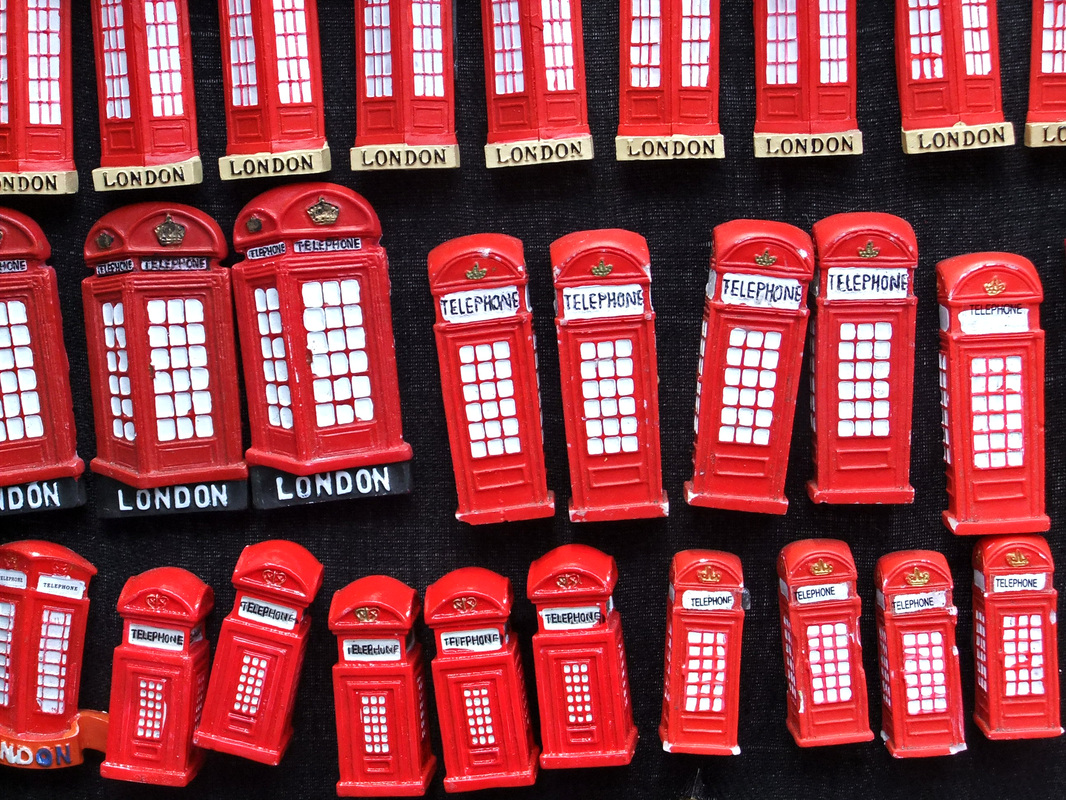Here is some of the vocabulary that we went over at the end of last Wednesday’s conversation walk. There are certainly some very interesting words! Your contributions to the walk were excellent so a very big thank you from me.
I look forward to seeing you both again soon.
Best Wishes
Gail
To mushroom (verb created from a noun): To describe how something shoots up unexpectedly and very quickly. E.g. Buildings are mushrooming around this area.
To stroll (verb): A slow walk for pleasure. E.g. We strolled around Borough, stopping to look at buildings and gardens.
To rehearse (verb): To practise a play, dance, a piece of music etc. E.g. Orchestras use Henry Wood Hall to rehearse before a concert.
A rehearsal (noun): The time when you practice a play, dance, piece of music etc. E.g. The rehearsal will be at 10:00am tomorrow.
A rag (noun): A small piece of old cloth that you use for cleaning.
Rags (noun): Clothes that are very old and torn.
To wipe (verb): To clean or dry something by rubbing it with a cloth. E.g. She wiped the windows using a rag. E.g. Don’t forget to wipe the mirror with a rag.
A tea towel (noun): A small piece of cloth that is used for drying plates, knives, forks etc.
A fire drill (or fire practice) (noun): A practice for what you would do in an emergency. E.g. We saw the school children line up in the playground because they had a fire drill.
To go off (phrasal verb): To make a sudden loud noise. E.g. The alarm went off for a fire drill. E.g. The siren on the police cars suddenly went off.
A fag (noun) (informal): A cigarette
A fag-end (noun) (informal): the end of a cigarette after its been smoked. [also called a cigarette butt]
A roll-up (noun): A cigarette that is made by hand.
Individuality (noun): The qualities that make somebody/thing different from other people and things.
E.g. Each of the houses in Redcross Gardens have their own individuality – they are all slightly different from each other.
E.g. Teenagers like to show their individuality by wearing different clothes.
E.g. The homeless lose their individuality by drinking and taking drugs.
A brothel (noun): A place where men can go and pay to have sex with a prostitute. E.g. We visited the Crossbones Graveyard and heard about how the Bishop of Winchester was given the power to licence prostitutes to work in Southwark brothels during the 1100s.
A red-light area (noun): An area where there are many brothels and prostitutes.
Impression (noun): An idea, a feeling or an opinion that you get about somebody/thing. E.g. What’s your first impression of the new manager? E.g. I need to make a good impression at the job interview.
A stretcher (noun): A piece of cloth supported by two poles that is used for carrying a person who has been injured. E.g. We saw some old railings outside a block of flats. During World War Two a large number of stretchers were stored ready, in case there were lots of causalities. After the war, the problem with what to do with all the stretchers was resolved by using them for railings!
To stretch (verb): To pull something so that it becomes longer or wider. E.g. My t-shirt stretched when I washed it.
Vermin (noun): Small wild animals that carry disease and destroy plants and food, i.e. mice, rats, squirrels etc.
A snail (noun): A type of animal with a soft body and o legs that’s covered by a shell.
A slug (noun): A small black or brown animal with a soft body and no legs, that moves slowly along the ground and eats garden plants.
A frog (noun): A small animal with smooth skin and long back legs that it uses for jumping. Frogs live in or near water.
A bat (noun): A small animal, like a mouse with wings, which flies and hunts at night.
 RSS Feed
RSS Feed
